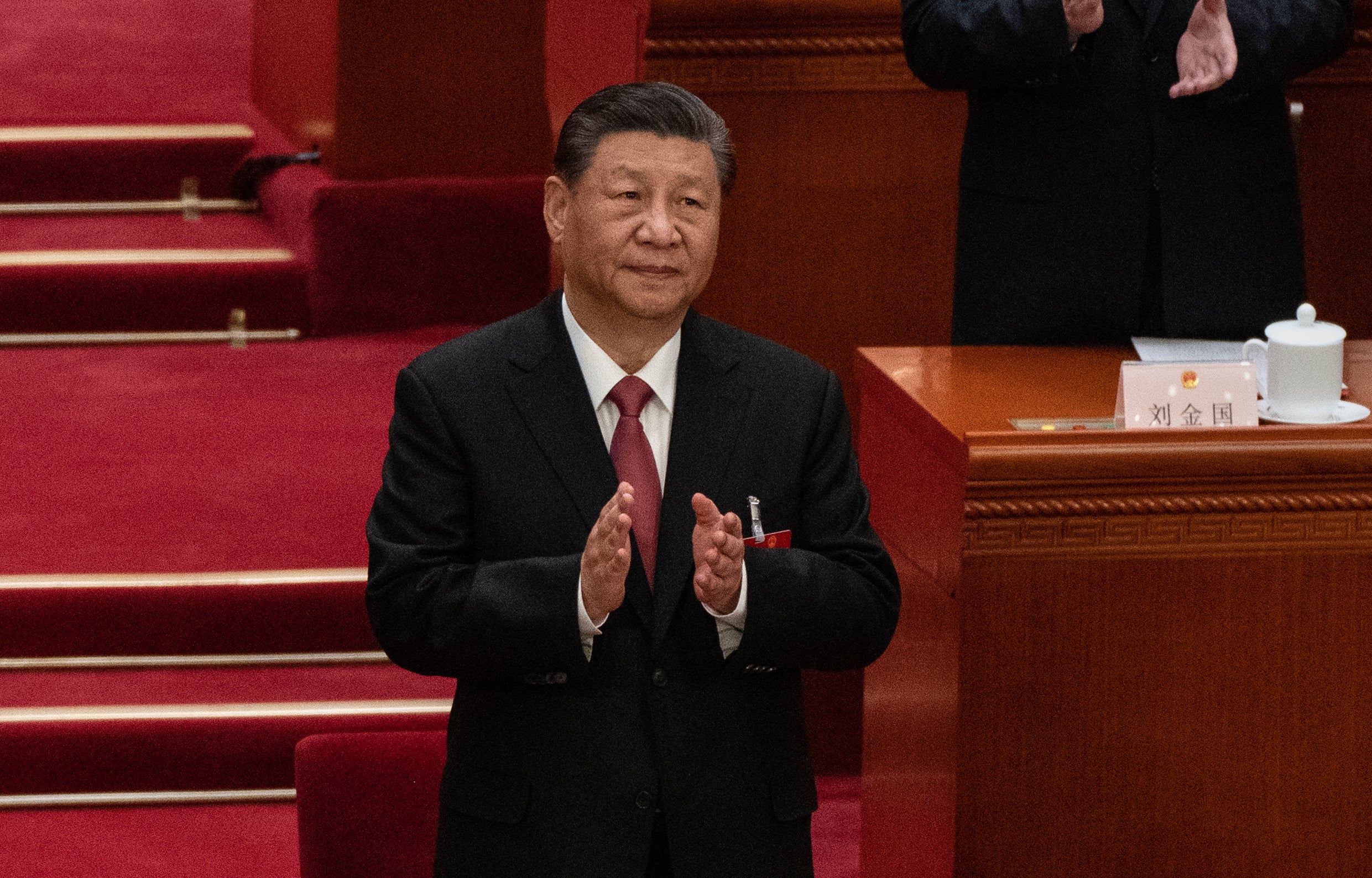China’s stock boom falters as Beijing refuses to release new stimulus measures
Hong Kong stocks tank to lowest level in 16 years after lack of new stimulus
China’s stock markets surged after reopening from the weeklong national holiday, but those gains quickly evaporated as Beijing failed to announce new stimulus measures, leaving investors uncertain about the country’s economic recovery.
Investors expected that Xi Jinping’s economic planners would introduce more government spending to support recent moves aimed at helping the economy which had plunged Chinese stocks to their best performance in a week since 2008.
The head of the National Development and Reform Commission, Zheng Shanjie, said China was confident in realising its economic targets this year but held back from making any bold announcements.
"We are fully confident in achieving the goals of economic and societal development for the year," the top economic planner said in a press briefing.
"We are also fully confident in maintaining stable, healthy and sustainable development," he added.
Mr Zheng’s comments disappointed investors as there were no announcements of new, large-scale stimulus measures.

Instead, he indicated it would continue with its existing policies, including issuing long-term government bonds next year to support major infrastructure projects.
He also acknowledged the economy faces difficulties and an increasingly “more complex and extreme” global environment.
Shares jumped over 10 per cent as trading resumed after the Golden Week holiday and markets experienced an extremely busy day of trading, with record amounts of stock transactions occurring on the Hong Kong and mainland exchanges.
However, the rally cooled rapidly, with Hong Kong’s Hang Seng index closing 9.4 per cent lower - its heaviest fall since 2008.
China’s economic planning agency said they would accelerate spending while reaffirming plans to enhance investment and provide direct support to vulnerable groups, including orphans and recent graduates.
They also confirmed that China will continue issuing ultra-long sovereign bonds next year to fund major projects and will allocate 100bn yuan (£11bn ) to key strategic sectors and an additional 100bn yuan for construction projects.
“Ultimately for the rally to be sustainable, we need to see more fiscal policy and more measures to support the economy and the property market,” said Vasu Menon, managing director of investment strategy at Singapore’s multinational banking and financial services OCBC.
“A great deal of hope has been built into the strong rally in recent weeks and we now need to see additional government policy action to support the uptrend.”
China’s economy, under Communist rule, defied conventional wisdom to grow exponentially until the Covid-19 pandemic. It has since struggled to regain momentum after authorities imposed draconian lockdowns for three years and forced people to stay inside their homes.
The recovery was hindered by a prolonged property slump that led to a spillover effect on other parts of the economy, from construction to sales of home appliances, exacerbated by territorial disputes with neighbours and trading partners.
The economy expanded at a 4.7 per cent pace in the last quarter, slightly below the government’s target of about 5 per cent.
In September, Beijing unveiled a raft of monetary stimulus packages, including forced interest rate cuts and lower down payments of homebuyers to boost the economy. Later, the southern city of Guangzhou lifted all home purchase restrictions, while both Shanghai and Shenzhen revealed plans to ease key buying curbs.
Join our commenting forum
Join thought-provoking conversations, follow other Independent readers and see their replies
Comments
Bookmark popover
Removed from bookmarks